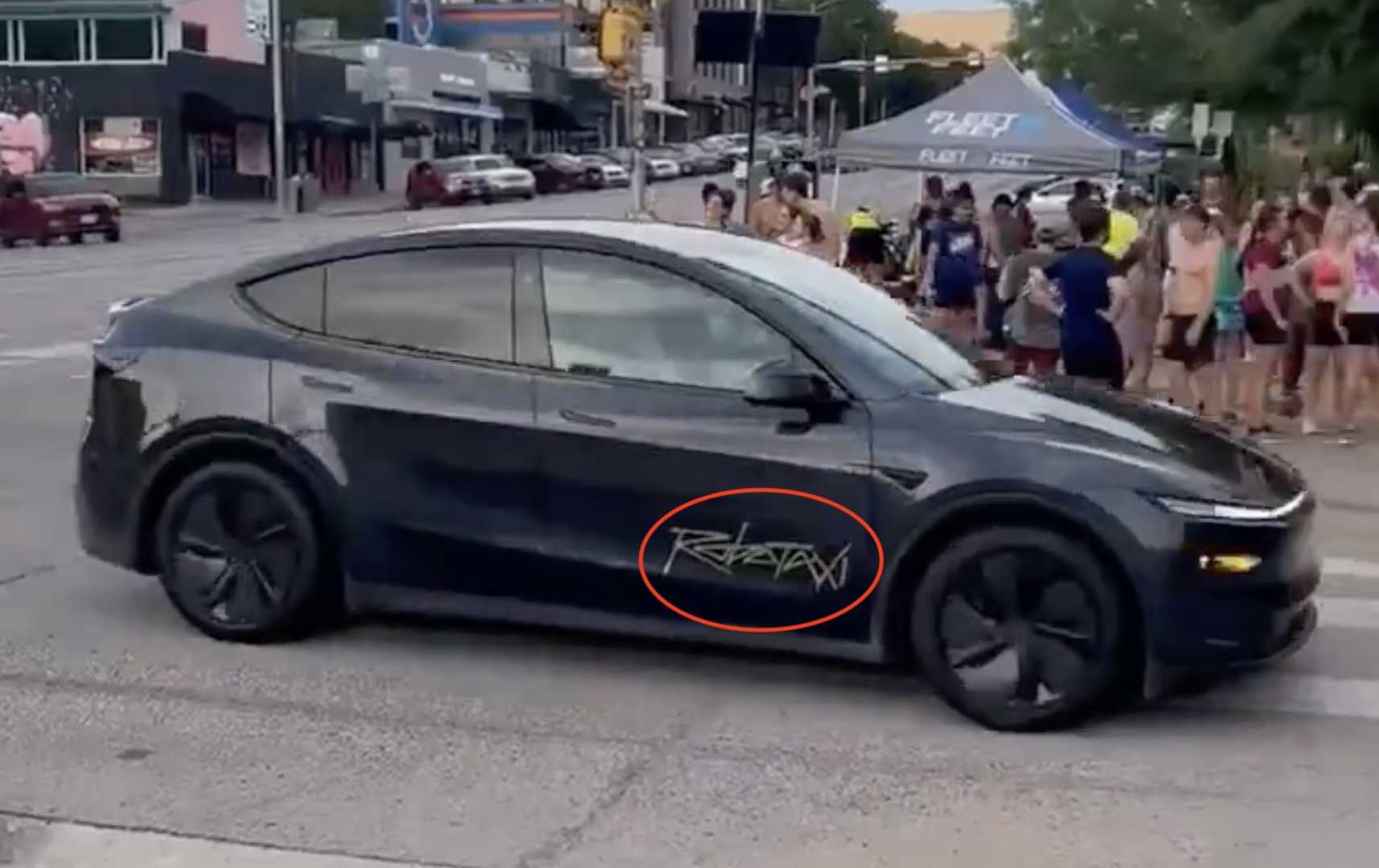Business
Tesla Fights Austin’s Release of Robotaxi Records Amid Launch Plans

AUSTIN, Texas — Tesla is attempting to stop the city of Austin from releasing public records related to its plan to launch self-driving robotaxis this month.
The company’s move follows a request made by Reuters in February seeking communications between Tesla and Austin officials over the past two years. This request emerged after CEO Elon Musk announced in January that Tesla would begin fare-collecting robotaxis on public streets in Austin.
On April 1, Austin public-information officer Dan Davis revealed that “third parties” had requested the city to withhold the requested records to protect their “privacy or property interests.” Subsequently, on April 7, city officials sought an opinion from the Texas Attorney General’s office regarding the records, as part of the process for public-records disputes.
On April 16, an attorney representing Tesla sent a letter to the attorney general objecting to the release. The letter claimed that the emails between Tesla and Austin officials contained “confidential, proprietary, competitively sensitive commercial, and/or trade secret information.” The attorney argued that sharing the documents with Reuters would reveal critical aspects of Tesla’s “deployment procedure, process, status, and strategy,” potentially causing “irreparable harm” to the company.
Neither Tesla nor the Texas Attorney General’s office has responded to requests for comment from Reuters. Neal Falgoust, who oversees public records issues for Austin’s Law Department, stated that the city does not take a position on the confidentiality of the information but is obliged to seek the Attorney General’s opinion when a third-party asserts that their information is proprietary.
Musk has pinned the future of Tesla on self-driving vehicles, which he has promised for over a decade but has yet to deliver. The upcoming launch of robotaxis in Austin is viewed as a key milestone by analysts and investors, who believe much of Tesla’s future hopes rely on the success of this unproven technology.
Details on Tesla’s plans in Austin remain unclear. The company has indicated it intends to initially deploy between 10 and 20 driverless robotaxis in restricted geographic areas, though specific locations have not been disclosed.
In a response dated April 23, a Reuters lawyer emphasized that Tesla’s plans to roll out untested technology on Texas roadways are of significant public interest, underscoring the public’s right to know about such developments.
Falgoust did not comment on whether the public is entitled to information regarding Tesla’s driverless technology. Texas law requires the Attorney General’s office to make a decision within 45 business days concerning the requested records, which could be resolved as early as next week.












